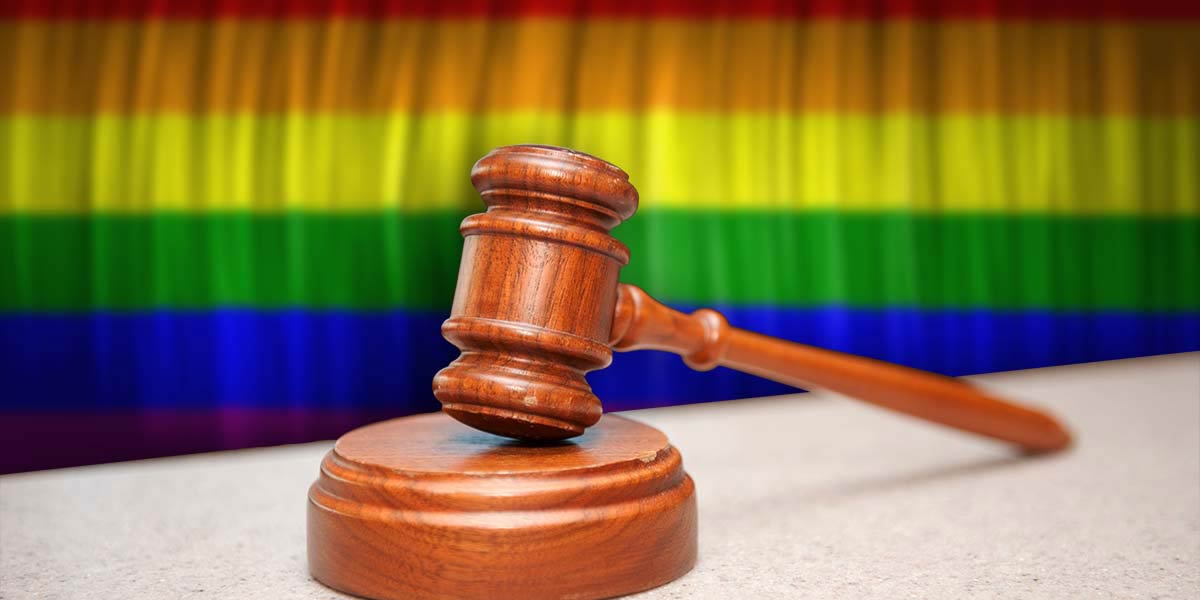Kenya: Supreme Court to hear LGBTQ group’s registration case

Update 12 June 2020: The Supreme Court hearing in Kenya challenging the registration of NGLHRC has been postponed to a later date that has yet to be to confirmed.
The Supreme Court in Kenya will this week hear a case concerning the government’s refusal to register an LGBTQ rights organisation.
The court announced that a hearing on the matter will take place on Thursday, with all parties participating via video conferencing.
Lower courts have previously ordered the Non-Governmental Organisations Coordination Board to register the National Gay and Lesbian Human Rights Commission’(NGLHRC), which it has refused to do.
In its 2013 decision, the High Court found that the board’s refusal to register the NGLHRC, violated article 36 of Kenya’s constitution to freedom of association. The three-judge bench further asserted that popular conceptions of morality should not serve as a justification to limit fundamental rights.
This decision was upheld by the Court of Appeal in 2019 when it dismissed the appeal by the NGO Coordination Board, upholding the High Court’s judgement to register NGLHRC. The Board then moved to the Supreme Court to challenge the decision.
“We are encouraged by the decisions of the High Court and Court of Appeal on this matter, which both have centred our national values of human dignity, equality and non-discrimination per Article 10 of our Constitution,” said NGLHRC’s Executive Director Njeri Gateru, in anticipation of the hearing.
“We are hopeful that the judges of our apex court will be guided by the law and these same values and affirm our freedom of association,” Gateru added.
The board has rejected the NGLHRC’s registration due to the presence of the words ‘lesbian’ and ‘gay’ in its name, terming these “unacceptable” as Kenya’s penal code “criminalises gay and lesbian intimacy”.
The NGLHRC argues that by not allowing an NGO focused on protecting the rights of the LGBTQ community to be registered, the NGO Coordination Board has violated the organisation’s constitutional right to freedom and association.
Kenya’s Penal Code is a holdover from its colonial era and like many former British colonies retain anti-LGBTQ laws that make reference to “carnal knowledge against the order of nature” and “gross indecency.” Under the provisions, these acts are punishable with up to 14 years in prison.
Leave a Reply